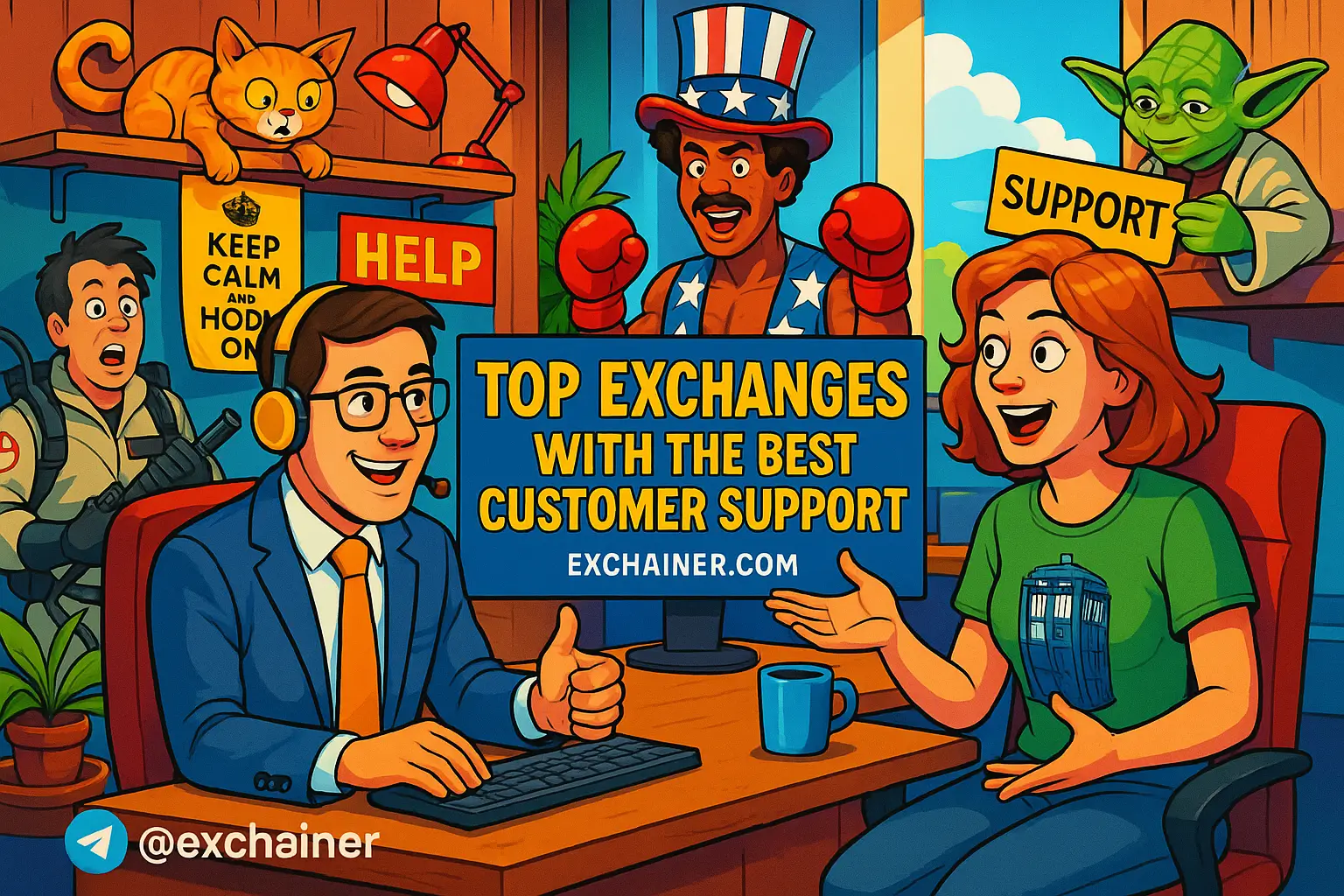Cryptocurrency adoption continues to grow, and with it comes the need to manage digital assets securely and conveniently. When it comes to handling cryptocurrencies, a software wallet is an essential tool. Think of it as your digital vault, allowing you to store and manage your crypto assets with ease. Understanding software wallets can be a gamechanger for both new and seasoned investors. This article will dive into the world of software wallets, explaining their functionality, advantages, potential risks, and best practices for setup and use. Whether you're looking to send crypto to a friend or manage your investments, this guide will shed light on everything you need to know about software wallets.
A software wallet is essentially a program or application that allows you to store your cryptocurrency securely on internet-connected devices like smartphones, tablets, or computers. It's important to know that while they hold your access keys to the vast world of cryptocurrencies, they do not 'hold' the actual crypto in the way a physical wallet holds cash. Instead, these wallets act as gateways to interact with blockchain networks, allowing users to send, receive, and manage their cryptocurrencies effortlessly.
Let’s explore how software wallets work, the different types available, their pros and cons, and tips for keeping your digital currency secure.
What Is a Software Wallet?
A software wallet, often referred to as a hot wallet, is designed to facilitate the easy transfer and management of cryptocurrencies. When you use a software wallet, it generates a **private key** which acts as a key to your crypto, and a **public key** that acts as your wallet address. Just like an email address, anyone can send currency to your public key, but only you can access your funds through your private key.
Key features of software wallets include:
- Real-time transactions: You can send and receive cryptocurrencies instantly.
- Balance tracking: These wallets enable you to monitor your holdings across multiple cryptocurrencies.
- dApp access: They facilitate connection to decentralized applications, allowing you to participate in staking, trading, or managing NFTs.
How Software Wallets Work
Understanding the mechanics of how a software wallet functions is crucial for effective use. Here’s a simple breakdown:
- Key Generation: The wallet creates a unique pair of keys: a private key for your secure access and a public key associated with your wallet address.
- Transaction Signing: When you send cryptocurrency, the transaction is signed using your private key, proving that you are the legitimate owner of the funds being transferred.
- Blockchain Interaction: The wallet communicates with the blockchain to broadcast transactions. This updates the ledger and reflects changes in balances.
Example workflow:
- Receiving crypto: You share your public wallet address, allowing others to send you cryptocurrencies.
- Sending crypto: Enter the recipient’s wallet address, specify the amount, and authorize the transaction using your private key.
Types of Software Wallets
Software wallets come in various forms, each catering to different user needs. Here’s a breakdown of the main types:
| Type | Description | Examples |
|---|---|---|
| Mobile | Applications for iOS/Android optimized for quick, on-the-go transactions. | Coinbase Wallet, Trust Wallet |
| Desktop | Installed on computers; they offer more features and enhanced security. | Exodus, Electrum |
| Web | Accessed through browsers on any device, yet are less secure than other types. | MetaMask, MyEtherWallet |
| Custodial | Managed by third parties like exchanges where they hold your private keys. | Binance, Coinbase Exchange |
| Non-Custodial | You control your own private keys, enhancing security. | Ledger Live (when paired with hardware), Guarda |
Advantages of Software Wallets
Software wallets offer numerous advantages that cater to both new and veteran crypto users:
- Ease of Use: Most software wallets have user-friendly interfaces that make managing crypto straightforward for beginners.
- Cost-Effective: Many are free to download and use, unlike hardware wallets that can be relatively expensive.
- Multi-Chain Support: Users can manage numerous cryptocurrencies all within one application.
- Instant Access: Software wallets are ideal for frequent traders or anyone needing quick access to their funds.
Security Risks and Mitigation
While software wallets are convenient, they do come with their own set of risks. Here are some common vulnerabilities:
- Phishing Attacks: Scammers might create fake websites or apps mimicking legitimate wallets to steal your login information.
- Malware: Keyloggers or viruses can compromise your private keys and steal your funds.
- Centralized Risks: Custodial wallets can be targeted by hackers; notable exchanges have experienced significant data breaches.
Best practices for security:
- Enable Two-Factor Authentication (2FA): This adds an extra layer of protection by requiring a second form of verification.
- Use Cold Storage: Pair a software wallet with hardware wallets for larger amounts to minimize risk.
- Verify Sources: Always download wallets from their official sites or app stores.
- Regular Updates: Keeping your wallet software up-to-date protects against newly discovered vulnerabilities.
Software Wallets vs. Hardware Wallets
Both software and hardware wallets cater to different functions. Here’s a side-by-side comparison:
| Aspect | Software Wallets | Hardware Wallets |
|---|---|---|
| Security | Moderate (connected to the internet) | High (offline and isolated from the internet) |
| Cost | Generally free | Ranges from $50 to $300 |
| Convenience | Immediate transactions | Requires USB or Bluetooth connection |
| Best For | Daily transactions and trading | Long-term storage of larger amounts |
Top Software Wallets in 2024
As the cryptocurrency landscape evolves, various software wallets have gained popularity for their unique features:
- Exodus: Offers an intuitive interface and allows for easy trades between cryptocurrencies.
- MetaMask: A leading option for Ethereum users, ideal for NFTs and DeFi activities.
- Coinbase Wallet: This wallet ensures users retain control over their private keys while offering familiarity for Coinbase exchange users.
- Trust Wallet: A mobile wallet with extensive support for various tokens and easy staking options.
- Electrum: A lightweight Bitcoin-focused wallet catering to experienced users with advanced features.
Setting Up Your First Software Wallet
If you’re ready to dive in and set up your software wallet, here’s a step-by-step guide:
- Download: Choose a well-reviewed wallet (for instance, Exodus from their official site).
- Backup: Write down the 12-24 word recovery phrase offline and keep it secure—this will allow you to recover your wallet if needed.
- Transfer Funds: Start by sending a small amount of cryptocurrency to test your transaction capabilities.
- Enable Security Features: Activate 2FA, biometric locks, and auto-lock features to safeguard your wallet.
Future Trends in Wallet Technology
As technology continues to advance, the future of software wallets holds exciting possibilities:
- MPC Wallets: Multi-party computation technology can split keys between devices, offering enhanced security.
- Smart Contract Wallets: These wallets can automatically execute transactions based on specific conditions defined by users.
- Cross-Chain Aggregators: They will enable users to manage assets across multiple blockchain networks seamlessly.
Final Thoughts
Software wallets play a crucial role in the cryptocurrency ecosystem, offering convenience and ease of access. However, as with any financial instrument, they require a cautious and well-informed user. By understanding how to use software wallets securely and pairing them with other security measures like hardware wallets for long-term storage, you can confidently navigate the blockchain landscape. Embrace the changing world of digital finance, and anticipate innovations that will continue to shape our interaction with cryptocurrencies.
If you found this article helpful, explore more guides on Exchainer.com. Start your crypto journey today!












